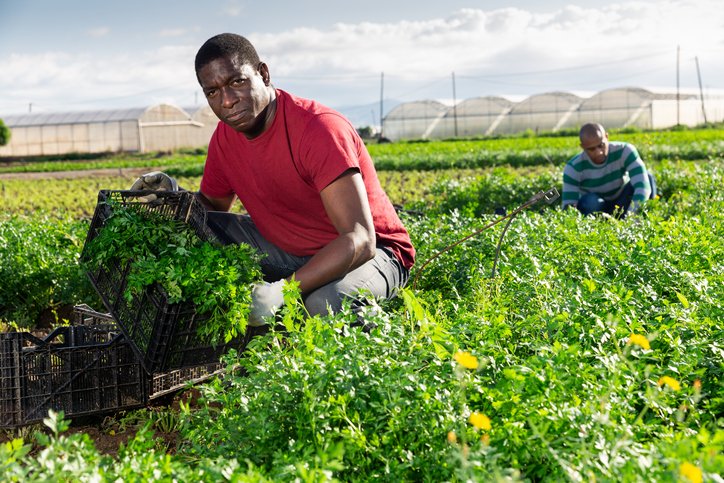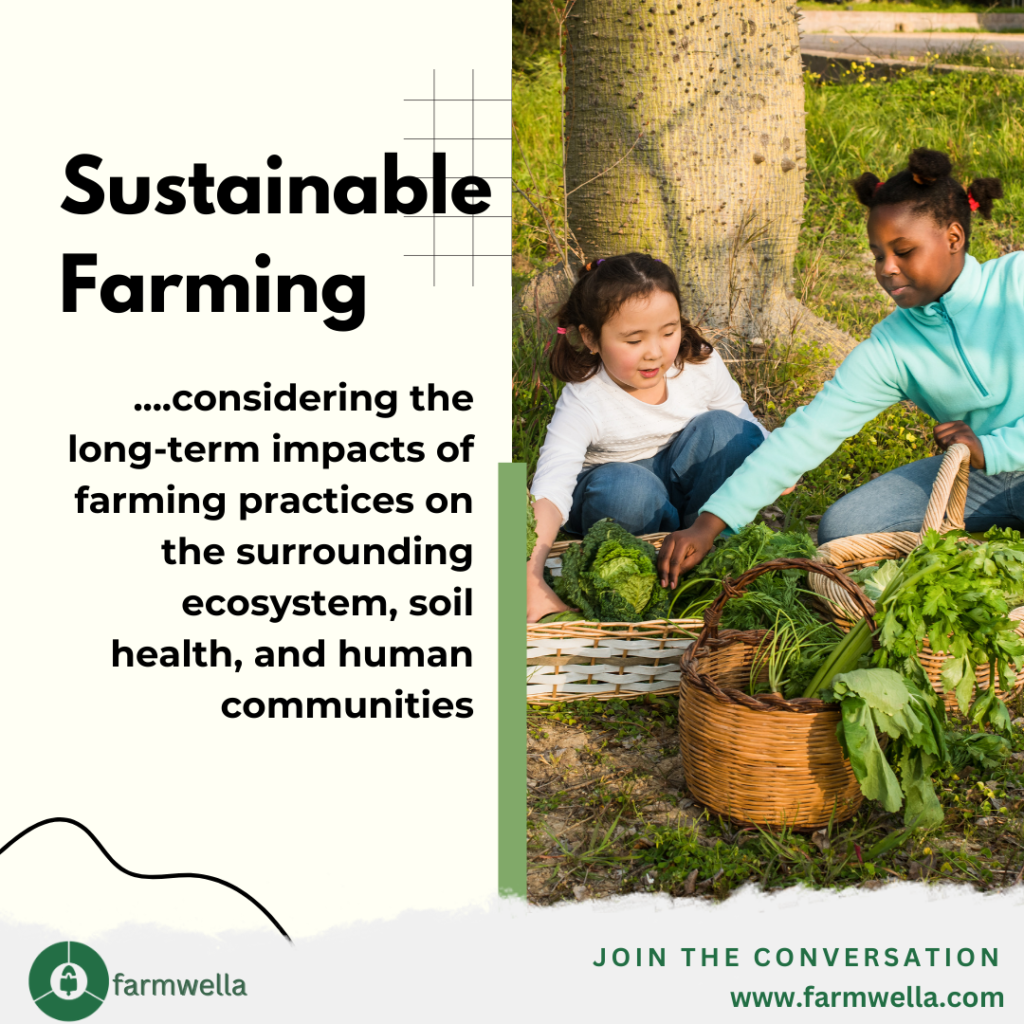
Whether you are a new farmer or have a well-established farm, farming could be a challenging but rewarding venture. It also doesn’t matter what your motivation is for establishing a farm; it takes hard work, devotion, and a thorough grasp of the land and climate.
Operating a profitable and sustainable farm company might be even more difficult, but it is critical for the farm’s long-term health and profitability. This article will go over five tips for running a successful and sustainable farm business. Let’s get started.
Develop a Working Business Plan
Any successful business owner would agree to the fact that a solid plan is the cornerstone of any successful firm.
You will have better clarity on your farm objectives, target market, production plan, marketing strategy, financial estimates, and growth plans with a business plan.
There are a few checkboxes you must complete while creating your business plan. These are the requirements for your business plan to qualify as a solid business plan.
What are those boxes that have to be ticked off your business plan’s to-do list? Let’s find out.
Mission Statement
The purpose and objectives of your farm business are succinctly stated in the mission statement.
The mission statement describes your company’s core principles, goals, and overall business model.
Your mission statement should be clear, concise, and focused on your core values and objectives.
For example, your mission statement might be to provide consumers with the best convenient delivery of organic produce that is locally sourced and sustainably grown.
Target Market
The goal of a business is to be able to sell and make profits. This cannot be accomplished unless you can identify and understand your target market.
Knowing your target market’s demands and preferences will allow you to customize your production and marketing tactics to fit their needs and preferences.
Production Plan
Your production plan will include a marketing strategy that describes how you will produce and harvest your crops, as well as how you will market your farm produce.
You should also provide financial projections that estimate your income, costs, and profitability over time.

Establish Good Relationships With Those Who Matter To Your Farm
To have a successful farm, you need to work well with others.
This means making good relationships with people who buy your products, people who supply you with what you need, other farmers nearby, and even the people who help you work on the farm. These connections are important for your farm to do well.
Establishing these partnerships necessitates regular communication and coordination in order to develop a dependable and consistent supply chain.
To build strong relationships with customers, focus on providing excellent products and customer service. Talk to them and make sure you understand their needs, and let them know how you plan to help them.
When customers feel comfortable with your business, they are more likely to keep coming back.
This also applies to other individuals with whom you may come into contacts in your farm business, such as suppliers, local markets, other farmers, and labors.
Prioritize ethical and sustainable sourcing methods while developing strong connections with suppliers. This might involve buying supplies from local vendors or utilizing environmentally friendly items.
Relationships with other farmers in your community might also be advantageous. This allows you to exchange expertise and resources, collaborate on marketing and sales activities, and provide support to one another through difficult times.
Invest in Sustainable Farming Practices
Sustainable farming practices are intended to minimize the adverse impact of agriculture on the environment. They are also aimed at improving soil health and promoting economic and social sustainability.
For a farm business to be strong and productive, it is best to invest in sustainable agricultural techniques.
What are the procedures that can ensure a sustainable farm? Let’s delve right into that.
Crop rotation
This method entails growing various crops in various fields every year. This keeps the soil healthy and helps avoid soil depletion, lowers the chance of pests and diseases, and increases the nutritional value of your crops.
Integrated Pest Management(IPM)
This is the method of controlling pests via different pest management approaches such as crop rotation, beneficial insects, and cultural practices rather than depending primarily on chemical pesticides.
Pesticides and fertilizers must be used responsibly in order to maintain a healthy and sustainable agricultural business. This involves using organic and natural products and reducing the use of chemical applications to the crops.
Water Management
Water management is critical to having a sustainable farm. You can decrease water wastage and increase agricultural yields by investing in efficient and effective irrigation systems.
Using strategies like mulching is also an important method of water management since it helps to keep moisture in the soil.
Organic Farming
Organic farming focuses on growing crops using natural means. This entails relying on organic techniques, such as crop rotation, composting, and biological pest management, rather than artificial fertilizers and pesticides.

Make a Good and Realistic Future Plan
Make sure the future is taken into account while you create your business plan.
Consider the long-term effects of your choices and make plans for any future unforeseen events.
Invest in techniques that will help your farm business develop and flourish over time. This might entail increasing your production capacity, hiring workers, changing your marketing tactics, examining new markets, or varying your agricultural production.
Invest in Constant Learning for Improvement
Lastly, ensure you don’t stop learning. There are always emerging innovations in agriculture that might make farming simpler and more productive for farmers.
There is always something new to learn in the field of farming, and there is always room for growth.
Attend seminars, workshops, and webinars to keep current on the most recent techniques and technology, as well as market trends.
In addition, get feedback from consumers as well as employees to identify areas for development.
Conclusion
A sustainable farm business requires more than just having the right techniques; it also requires consistency and persistence. Make sure that your methods are consistent.
